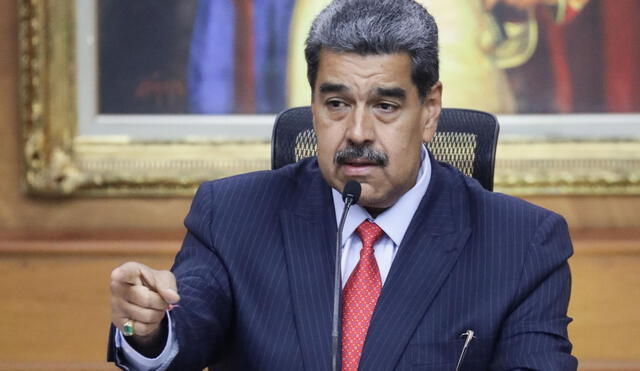Maduro urges the US to stop persecuting Venezuelan migrants amid deportations
As tensions rise between Venezuela and the U.S., a new agreement will see the resumption of repatriation flights for Venezuelan migrants. With both nations at odds over immigration policies and human rights concerns, this move could reshape regional diplomacy and migration dynamics.

Venezuelan President Nicolás Maduro has demanded that the United States cease its "persecution" of Venezuelan migrants, labeling the recent deportation of over 200 Venezuelan citizens to El Salvador as an act of "cruelty and injustice." He described these actions as a "cruel and outrageous kidnapping," asserting that they target "young workers."
Venezuela warns citizens amid U.S. deportations and alleged human rights violations
This development follows the U.S. government's deportation of individuals allegedly linked to the Venezuelan criminal organization known as Tren de Aragua. The deportees were transferred to a maximum-security prison in El Salvador, a move that has drawn sharp criticism from the Venezuelan administration.
In response, Venezuela has issued a warning to its citizens about the risks of traveling to the United States, citing potential human rights violations, arbitrary immigration controls, discrimination, and unjust incarcerations without due process. The government is considering measures to discourage or restrict travel to the U.S. to protect its nationals.
Venezuela and U.S. resume repatriation flights amid diplomatic tensions
Amid these escalating tensions, Venezuela and the United States have reached an agreement to resume repatriation flights for Venezuelan migrants. These flights, set to commence on Sunday, aim to facilitate the safe return of Venezuelan citizens amid the ongoing diplomatic dispute.
The situation has further strained relations between Venezuela and the United States, with the Maduro administration accusing the U.S. of violating the rights of Venezuelan migrants. The international community is closely monitoring these developments, which have significant implications for regional migration policies and diplomatic relations.












